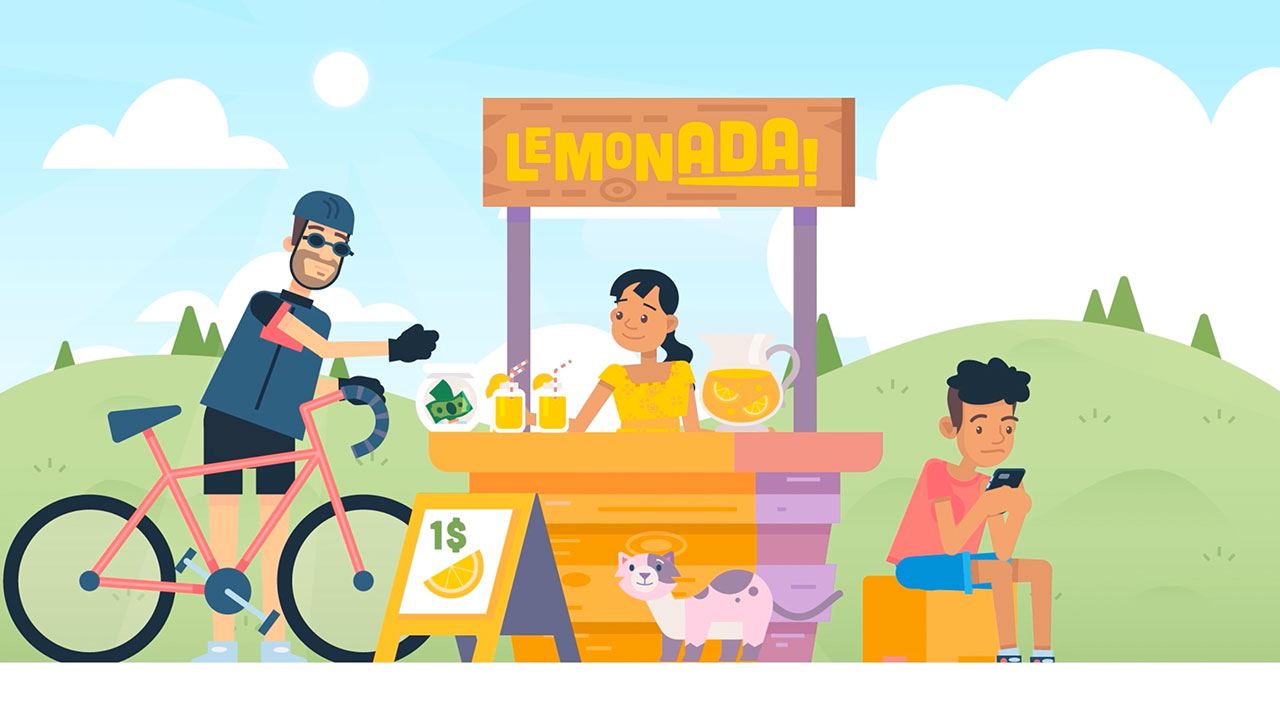Principio en resumen
In 1776, Scottish economist and philosopher Adam Smith observed that people in a civilized society always require the cooperation and assistance of others. We obtain what we need by providing others with what they want. This simple idea, which today we call mutually beneficial exchange, when widely practiced, has lifted much of the world’s population out of poverty and subsistence.
Mutual benefit is foundational to the role of business in society and Koch’s Vision. We seek to understand the needs of our constituencies, starting with providing products and services our customers value more than their alternatives. When we do this while consuming fewer resources, our profit is a result of benefiting our customers and society.
Some people believe that exchange is zero-sum – for one side to win, the other side must lose. This can be the case – such as when one party benefits at the expense of the other party through involuntary extraction. Whether legal (government bailouts, subsidies, mandates and tariffs) or illegal (fraud and theft), these win-lose approaches are always harmful to society.
Exchange is a positive-sum endeavor when it is voluntary and mutually beneficial. Both parties cooperate to get more of what they value and will only transact if both believe it will make them better off. This win-win approach respects each party’s right to choose whether or not to transact. It is the only way to ensure value and good profit are created.
When companies are allowed to profit through extraction and exploitation, they avoid the constructive competitive pressure to innovate and create value for others. When companies can only profit through voluntary cooperation, they have a strong incentive to innovate and anticipate ways of satisfying customers.
At Koch we strive to apply a win-win philosophy in all we do. That is why we pursue mutually beneficial relationships with all core constituencies – employees, customers, suppliers, partners, communities and governments. We seek to understand what they value and then cooperate with them to achieve mutually beneficial outcomes. Trust is the foundation for such relationships.
Contribution-motivated employees are essential to applying a philosophy of mutual benefit. They are collaborative, build trusted relationships and make those they work with better.
Entiéndelo mejor
Ejemplos
Parte de la aplicación del beneficio mutuo es buscar situaciones en las que todos ganan y evitar situaciones en las que todos pierden.
- Ganar-Ganar
- Ganar-Perder
Aunque el supervisor de Greta, Vance, valora tenerla en su equipo, anima a Greta a buscar un puesto en otra empresa de Koch que le permita ampliar sus habilidades y su contribución.
Para alcanzar sus objetivos de ventas trimestrales, un vendedor tergiversa las características de un nuevo producto para el cliente.
Pruébalo
El poder de estos principios ocurre a través de la aplicación. No hay sustituto para aprender a medida que aplicas.
- Mira los ejemplos de ganar-perder y piensa en cómo, a largo plazo, incluso el "ganador" tiende a perder.
- Considere todos los grupos de interés principales de su equipo/negocio (empleados, clientes, proveedores, socios, comunidades y gobiernos). ¿Cómo es una relación mutuamente beneficiosa con cada uno de ellos?
- ¿Por qué el beneficio mutuo es fundamental para nuestro éxito a largo plazo?
- ¿Cómo puede un enfoque a corto plazo aumentar la probabilidad de un comportamiento de ganar-perder?
- Comparta ejemplos de ocasiones en las que haya visto un comportamiento de ganar-ganar o ganar-perder y las consecuencias.
- ¿Cómo se relacionan las ganancias y el beneficio mutuo? (Consejo: revisa el principio brevemente)





